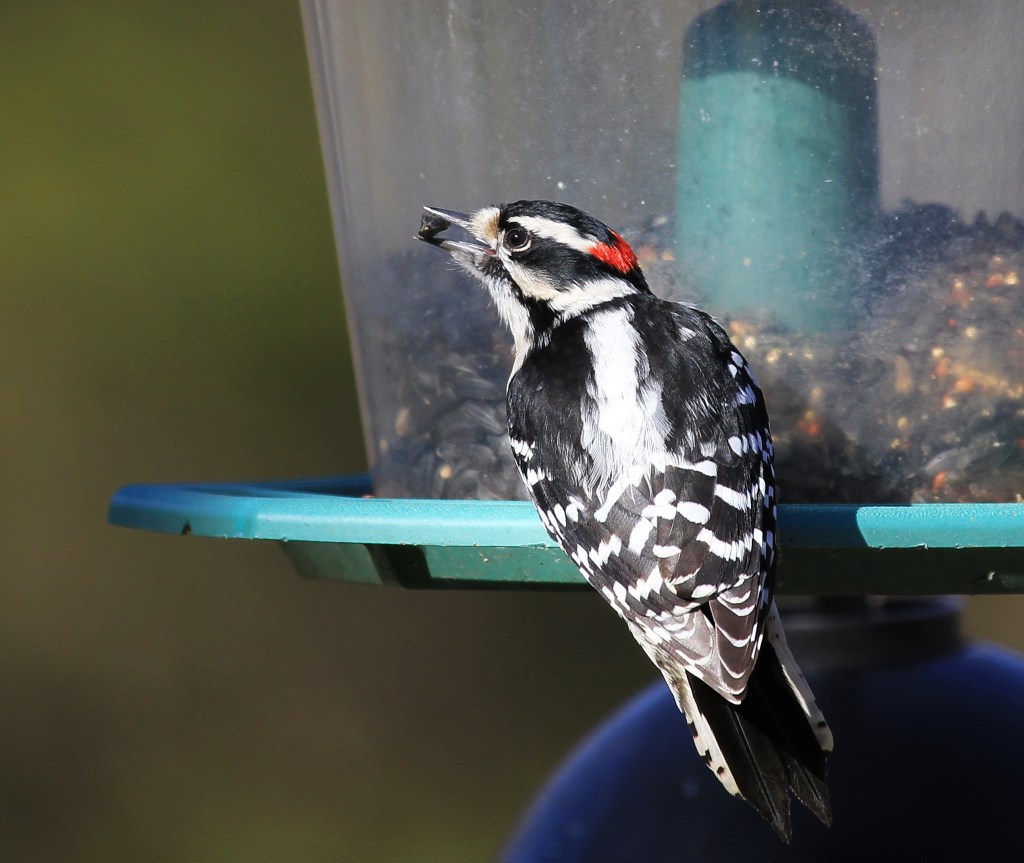Great Backyard Bird Count: Hobby serves scientific research
Published 6:45 am Sunday, February 5, 2017

- A bird sits on a bird feeder.
When filling bird feeders and filling the birdbath this season, hobby birdwatchers will not only be giving their feathered friends a helping hand, but they could also be serving the greater good.
The Great Backyard Bird Count (GBBC), is a campaign by Cornell University and other North American bird research groups to gather scientific data with the help of amateur birdwatchers.
Trending
This year’s event is scheduled for Feb. 17-20, when thousands of people around the world will record information about the species of birds they see, and send it to scientists.
The information backyard birdwatchers gather assists scientists in better understanding the movement of species around the globe, the welfare of different species and how factors like climate change are affecting bird populations everywhere, according to GBBC officials.
“The Great Backyard Bird Count is a great way to introduce people to participation in citizen science,” said Audubon vice president and chief scientist Gary Langham. “No other program allows volunteers to take an instantaneous snapshot of global bird populations that can contribute to our understanding of how a changing climate is affecting birds.”
Bird watchers count the birds they see for at least 15 minutes on one or more days of the count, then enter their checklists at birdcount.org. All the data contribute to a snapshot of bird distribution and help scientists see changes over the past 20 years.
Following are some tips from Green Earth Media to make any backyard a hospitable place for all birds:
• Offer different feeder styles. Different species prefer different types of feeders. Tube feeders are versatile and appeal to a wide range of bird species and can handle large or small seeds. Some birds prefer to cling to feeders while dining, rather than perch, so use a versatile mesh feeder, or try a bowl feeder — perfect for serving suet in kibble form, dried mealworms and fresh fruit. Be sure to keep all feeders clean and in good condition to help prevent disease and injury.
Trending
• Serve a variety of feed. In winter, seeds with a high fat or oil content are best for birds, so offer black oil sunflower seeds, niger, raw peanuts and suet. Be sure to also offer birds plenty of fresh water as it can be difficult for them to find unfrozen water sources in winter.
By feeding backyard birds and participating in the Great Backyard Bird Count, any birdwatcher can be counted on to help protect the wellbeing of wild bird populations.
For more information, visit birdcount.org.





